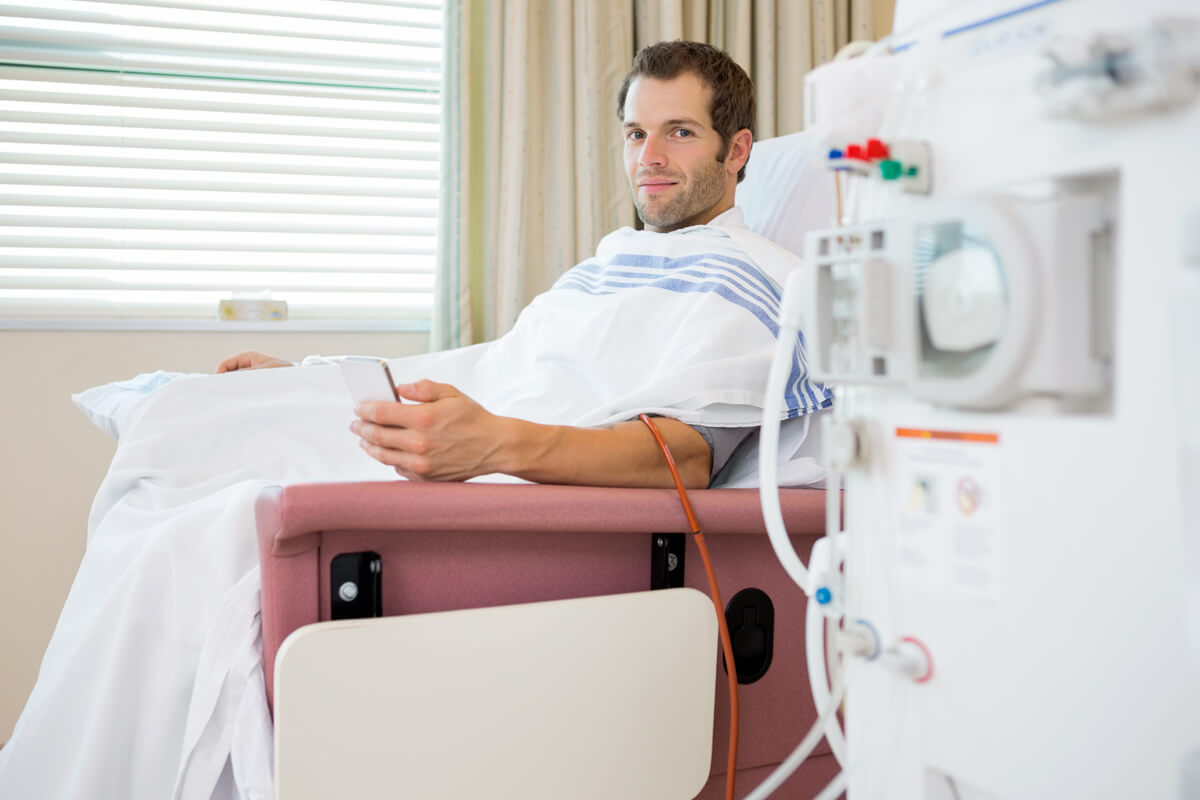
Shaping practice and policy for better health across the world
Renowned for its long history of providing unique opportunities for scientific investigation and collaboration, the Dialysis Outcomes and Practice Patterns Study (DOPPS) is well-recognized as a leading resource for health information.
When the pandemic struck, the International Society of Nephrology (ISN) and the DOPPS collaborated to study the effect of COVID-19 on dialysis centers and patients worldwide. This powerhouse global network of experts developed a web-survey, collecting data through March 2021, asking dialysis centers on six continents about their COVID-19 experiences.
The survey results exposed major health inequities in dialysis centers around the world, from wide variation in infection rates among patients and staff, to lack of testing supplies and personal protection equipment early on, to limited access to vaccines in many regions.
Expanding education
Beyond COVID-19, the DOPPS and ISN are expanding collaboration on educational programs, including webinars and videos to further disseminate best practices and advocate for improvements in care for patients with advanced kidney disease or kidney failure.
Furthering the DOPPS education outreach, the Peritoneal DOPPS (PDOPPS) is working to expand its National Data Centers in Australia (University of Queensland), Canada (Unity Health Toronto), and the United Kingdom. These centers join Arbor Research in performing scholarly analysis of the PDOPPS data, with focus on topics of heightened regional interest, such as the use of incremental (less intense, more patient-friendly) dialysis for patients reaching kidney failure.
DOPPS Practice Monitor Peritoneal Dialysis
The DOPPS Practice Monitor Peritoneal Dialysis (DPM-PD), launched in 2021 and following on the original DPM (hemodialysis), reports contemporaneous trends in care for patients receiving chronic PD in the United States. The DPM-PD is a branch of the international PDOPPS. PD is markedly underutilized, with use by fewer than 10% of the over 800,000 people in the United States receiving dialysis or living with a kidney transplant for kidney failure. This is very likely to change, and the DPM-PD is poised to serve as a watchdog for the community.
Asking important questions about patient outcomes and nephrology best practices
The DOPPS team has been expanding partnerships with pharmaceutical companies, including consultation and analytics in support of clinical development, real-world evidence, and regulatory programs of global scope.
We are also pleased to serve as a platform for investigator-led projects funded by federal or foundation grants, and especially for our support of work by early
career investigators, such as studies of conservative management of kidney failure (without dialysis) and of race-based inequities in access to optimal care.
25 years sStrong!
In 2021, the DOPPS Program celebrated 25 years of global contributions to nephrology focused on treatment practices and patient outcomes. The DOPPS marked this milestone with a podcast titled “History of the DOPPS Program: 25 years capturing variations in global nephrology practices and helping to improve patient outcomes”, as told by DOPPS pioneers Drs. Fritz Port and Ronald Pisoni, as well as Drs. Bruce Robinson and Roberto Pecoits-Filho. The extensive international collaboration, which is a hallmark of the DOPPS Program, has led to >300 published papers thus far—many in the leading nephrology journals—which have served to help inform dialysis practice guideline recommendations. The podcast is available here: https://academy.theisn.org/products/episode-2-the-history-of-the-dopps-program-25-years-capturing-variations-in-global-nephrology-practices-and-helping-to-improve-patient-outcomes#tab-product_tab_contents__1.